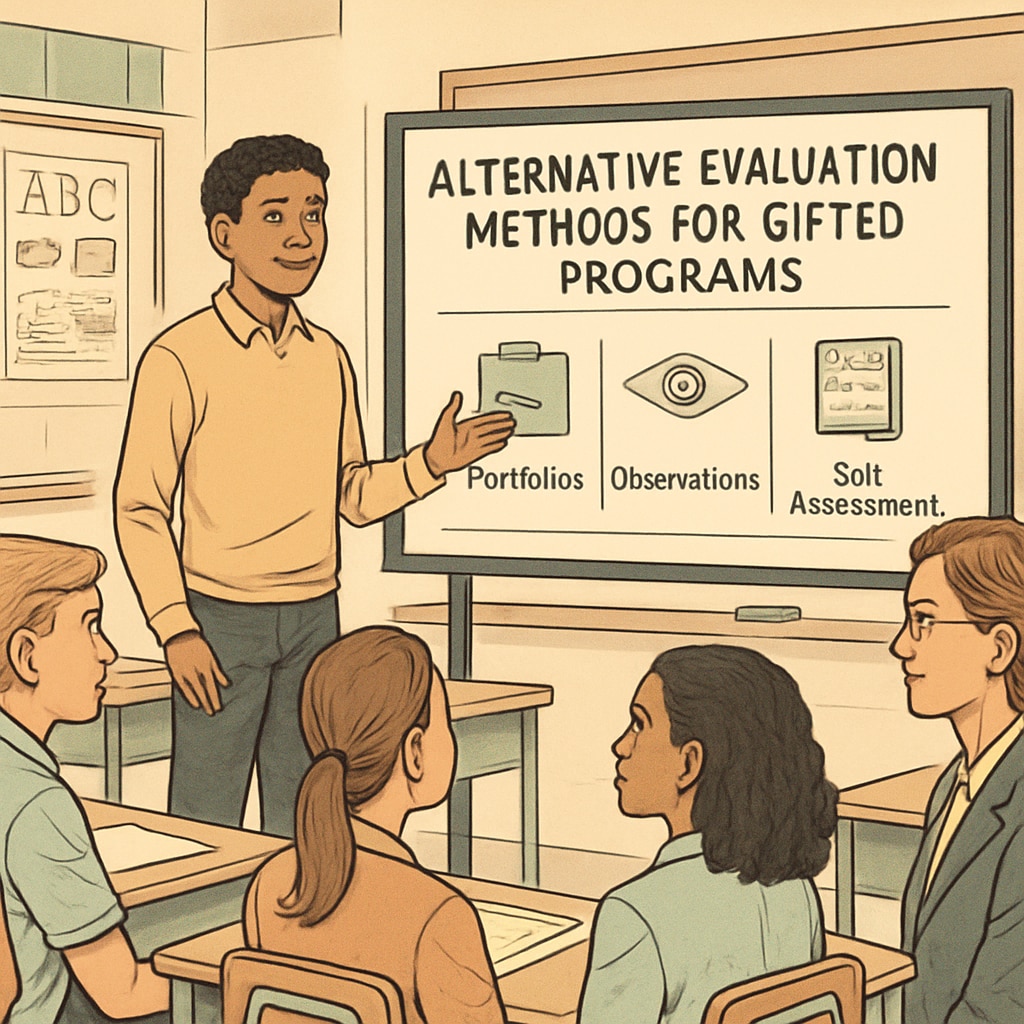In K12 education, gifted programs often utilize standardized testing as their primary selection mechanism. However, this approach inadvertently excludes many high-potential students, particularly those with ADHD (Attention Deficit Hyperactivity Disorder). These students may possess exceptional intelligence but struggle with traditional testing formats, leaving their talents underappreciated. To better nurture diverse abilities, educators must reconsider how giftedness is identified.
Why Standardized Testing Falls Short for ADHD Students
Standardized tests focus heavily on specific cognitive skills like memory recall, attention span, and timed problem-solving. For children with ADHD, these criteria can be inherently challenging. ADHD affects executive functioning, which includes planning, focus, and time management. As a result, even highly intelligent students might underperform on tests, masking their true potential.
For example, studies indicate that students with ADHD often excel in creative thinking, pattern recognition, and problem-solving in unconventional ways. Yet, these strengths are rarely measured in traditional gifted program assessments. According to Britannica, ADHD is not a reflection of intelligence but rather a different cognitive processing style. This mismatch between testing criteria and cognitive diversity leads to systemic exclusion.

Giftedness Beyond Academic Performance
Gifted programs often define intelligence narrowly, focusing on quantitative achievements like high test scores. However, giftedness encompasses more than academic success. Traits such as emotional intelligence, creativity, and problem-solving capacity also reflect exceptional potential. Students with ADHD often excel in these areas, yet they remain invisible under the current evaluation system.
To truly identify gifted students, assessments should incorporate methods like portfolio reviews, group problem-solving activities, and interviews. These approaches allow educators to recognize strengths outside traditional metrics, fostering inclusivity. For instance, the Wikipedia entry on creativity highlights how unconventional thinkers contribute to innovation and progress.

Toward a More Inclusive Gifted Program
Reforming gifted program screening processes requires a shift in mindset. Educators should embrace diverse definitions of intelligence and adopt holistic evaluation tools. Here are some actionable recommendations:
- Integrate qualitative assessments like interviews and observational studies.
- Design tests that evaluate creativity and problem-solving, alongside traditional metrics.
- Provide accommodations for students with ADHD, such as extended time or alternative testing formats.
- Train teachers to recognize talent in different forms, including emotional intelligence and creativity.
By adopting these measures, schools can ensure that gifted programs become accessible to a broader range of students, including those with ADHD. This inclusive approach not only benefits individual students but also enriches educational environments by embracing diverse talents.
In conclusion, current gifted program selection processes often overlook high-potential students due to rigid reliance on standardized testing. ADHD exemplifies how cognitive diversity challenges these norms, urging educators to rethink evaluation methods. By embracing inclusivity, schools can unlock the full potential of all their students, paving the way for a richer and more innovative future.


